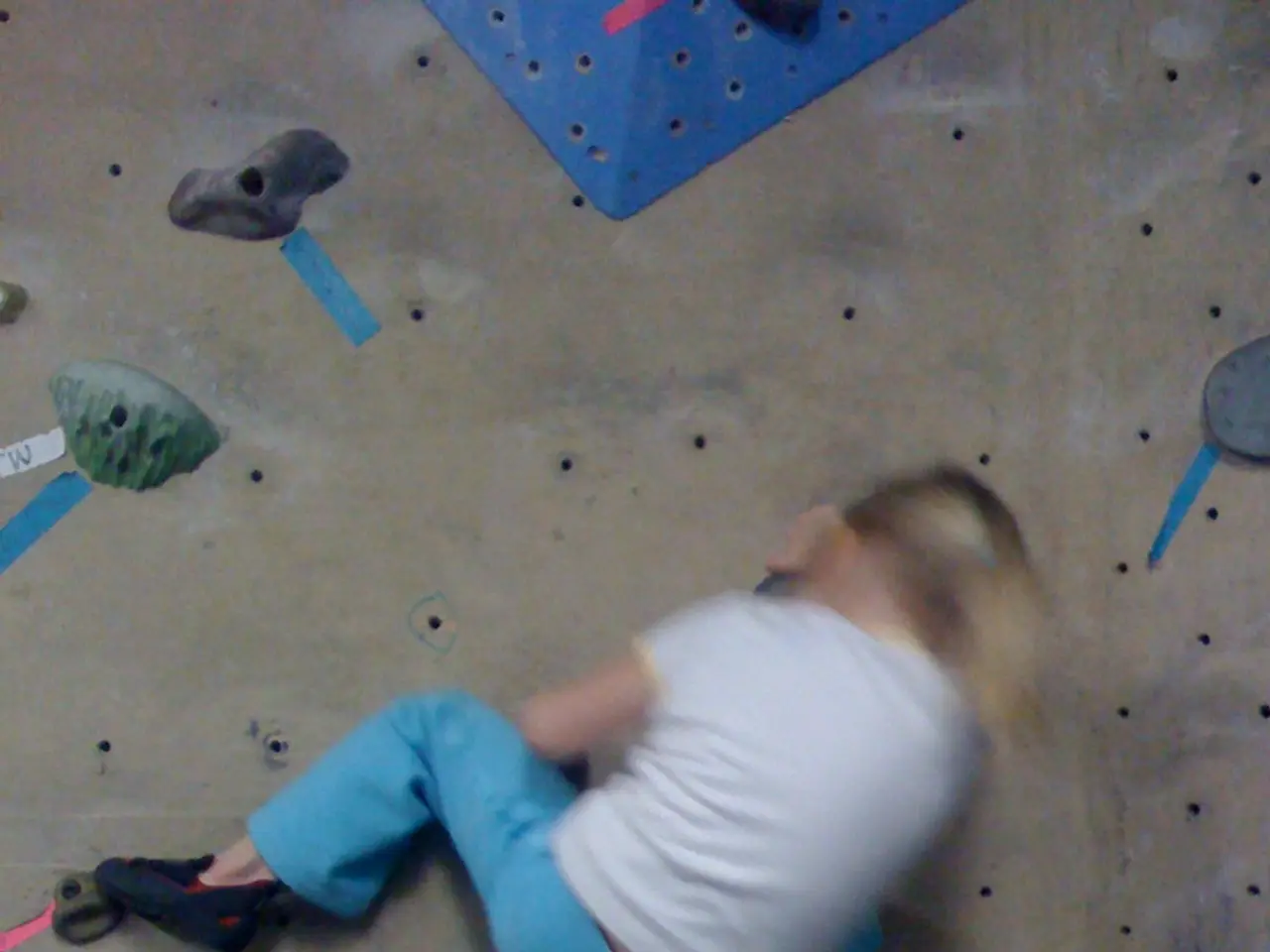Aggressive Behavior in Toddlers: Understanding the Roots and Strategies for Control
News Article: Understanding and Managing Toddler Aggression
Toddlers, with their boundless energy and developing minds, can sometimes exhibit aggressive behavior such as hitting. This article aims to shed light on the reasons behind this behavior and provide caregivers with practical strategies to help manage it.
According to experts, toddlers hit primarily as a way to express big feelings like frustration, anger, excitement, or to test boundaries because their impulse control and verbal skills are still developing. This aggressive behavior is often not intentional defiance but a developmental stage where they struggle to manage overwhelming emotions.
The underdeveloped prefrontal cortex, the brain area responsible for impulse control and emotional regulation, is a significant factor in toddler aggression. Because toddlers lack the language skills to express themselves fully, they use hitting as a form of communication to show frustration or seek attention.
To reduce hitting, caregivers can implement several strategies. First, managing the environment is crucial. Identify and avoid situations that overstimulate or trigger the toddler, such as loud noises or crowded places. Using tools like noise-canceling headphones or taking breaks in quieter spaces can help.
Second, caregivers should avoid unintentionally reinforcing hitting. Do not react strongly to hitting, as toddlers may continue the behavior to get attention. Instead, calmly ignore the hitting, turning away and keeping a neutral response, which can reduce the behavior over time.
Third, caregivers should model calm and label feelings. Staying calm during hitting or tantrums helps avoid escalating emotions. Caregivers should also help toddlers by naming their emotions (e.g., “I see you are angry”) to build the child's emotional vocabulary and support emotional processing.
Fourth, practicing co-regulation is essential. Since toddlers struggle with self-regulation, caregivers offering a calm presence and empathy can help the child learn to manage their big emotions and impulsive actions like hitting.
Additionally, ensuring toddlers have opportunities for physical activity and social interaction can reduce frustration and subsequent hitting or tantrums. Consistent, patient caregiving that acknowledges hitting as a normal developmental behavior while setting clear and calm limits is key to helping toddlers develop healthier ways to express their feelings.
When the child is calm, explain why hitting is not OK, focusing on actions and their consequences. Ask the child to try a positive alternative to hitting, such as saying a name or being gentle.
If a child frequently hurts others, has increasingly aggressive behavior, shows signs of emotional distress, has other new or unexplained behaviors, could be experiencing abuse, or if parents/caregivers feel unable to respond to the behavior in a calm way, seek help from a pediatrician or child psychologist.
Creating a calming space or routine for the child that they can use when stressed can also be beneficial. The American Academy of Pediatrics (AAP) suggests describing the desired behavior instead of telling toddlers not to do something.
It's important to note that the AAP called for a ban on corporal (physical) punishment in 2018, emphasizing that spanking harms children and may increase aggression in toddlers.
Occasional tantrums are typical in children and are not a predictor of ADHD or autism, but hitting that is more frequent or severe could be the result of something else, such as challenges at home, a mental health condition, or neurodivergence. Paying less attention or reacting less strongly to hitting can show children that their behavior is not getting them the attention or reaction they want.
In conclusion, understanding the reasons behind toddler aggression is the first step towards managing it. By implementing the strategies outlined above, caregivers can help toddlers develop healthier ways to express their feelings and create a safer, more peaceful environment for everyone involved.
- Toddlers with their boundless energy and developing minds may express frustrations, angers, excitements, or test boundaries through aggressive behavior like hitting, a common issue that caregivers confront.
- The brains of toddlers, particularly the prefrontal cortex responsible for impulse control and emotional regulation, are still developing, leading to difficulty in managing overwhelming emotions effectively.
- The underdeveloped prefrontal cortex often leaves toddlers unable to express themselves verbally, causing them to resort to hitting as a means of communication.
- Caregivers can reduce hitting by identifying and avoiding situations that overstimulate or trigger the toddler, such as loud noises or crowded places, using tools like noise-canceling headphones or taking breaks in quieter spaces.
- Toddlers' hitting behavior may not be intentional defiance but a developmental stage where they struggle to manage overwhelming emotions, and caregivers should keep this in mind when responding.
- It's important for caregivers to avoid unintentionally reinforcing hitting, as reacting strongly could encourage toddlers to continue the behavior to get attention.
- Instead, caregivers should calmly ignore the hitting, turning away and maintaining a neutral response, which can help reduce the behavior over time.
- Caregivers should also model calm and label feelings, stay calm during hitting or tantrums, and help toddlers build their emotional vocabulary by naming their emotions.
- Practicing co-regulation is essential, as caregivers offering a calm presence and empathy can help toddlers learn to manage their big emotions and impulsive actions like hitting.
- Ensuring toddlers have opportunities for physical activity, social interaction, and implementing describe-don't-tell techniques can also help reduce frustration and subsequent hitting or tantrums.
- If a child frequently hurts others, has increasingly aggressive behavior, shows signs of emotional distress, has other new or unexplained behaviors, could be experiencing abuse, or if parents/caregivers feel unable to respond to the behavior in a calm way, seeking help from a pediatrician or child psychologist is advised.




